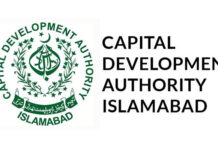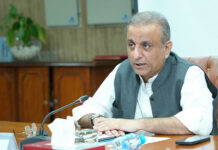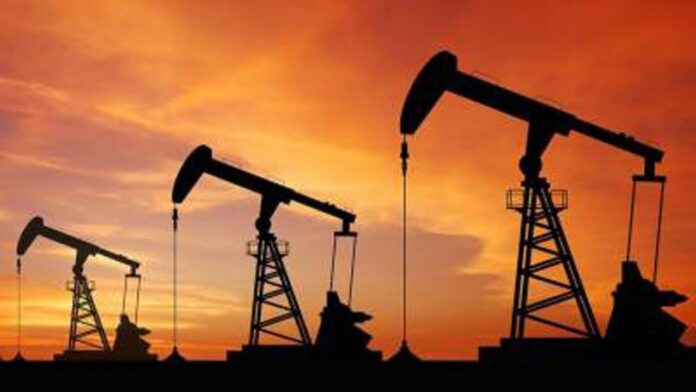Crude oil is probably the single most important commodity in the world right now, and it has been so, since the last 100 years. The byproducts of this oil are petrol, diesel, jet fuel, Natural Gas, Furnace oil and lubricants etc. There are more than 50 thousand oil wells in the whole world and each one of them has a distinct chemical composition. The oil is gauged based on the weight and the sweetness of the oil. Typically, the lighter and sweeter an oil is, the more gasoline and diesel content is found in it, and the heavier and sour it is, the more ground chemicals like asphalt are found in it.
To further ease down this process, crude oil is distributed into various benchmarks. Based on its geographical extraction points, chemical composition and extraction capacities, crude oil is classified into various benchmarks. Each benchmark is consistent with itself and hence, is easier to trade and price. Some important ones are WTI Crude oil that hails from the United States and Brent Crude from the Northern Atlantic region.
Around 60% of the crude oil that is globally traded, comes from OPEC countries. The Organization of Petroleum Exporting Countries, is an alliance that was formed in 1960. It has 13 members which includes countries like Saudi Arabia, Kuwait, Iraq, UAE, and Nigeria etc. The countries coordinate on the matters of oil trade, particularly unifying the prices. Some of the main benchmarks produced by these countries are Arab Light, Murban Crude and Iran Heavy etc. Lower freight costs, and diplomatic arrangements dictate that Pakistan measure most of its petroleum acquisition, using the Arab Light benchmark.
The globally famous benchmarks of Crude oil, namely Brent and WTI crude oil saw a decrease in their prices following a report from the wall street journal. The report stated that the OPEC countries were set to boost their output of crude oil, which would mean an increased global supply of crude oil. Simultaneously, there is a growing concern of decreased demand in China. China reported its first COVID-19-related death on Sunday, since May, causing stricter lockdowns. In the anticipation of this decrease in demand and an expected increase in production, the Brent and WTI prices dropped by approximately 6% on Monday.
However, before the news could have affected the benchmarks further, representatives from OPEC countries negated such claims. The Saudi Minister of Petroleum stated that the OPEC+ was sticking to their output cuts and would take further steps to balance the market prices, if the need arises. Following this, the crude oil benchmarks regained their value on Tuesday.
Pakistan, being an importer of crude oil, is highly vulnerable to the global price shocks. This means that any change in the prices of crude oil affects Pakistan on a much bigger level. After the resumption of the Extended Fund Facility of the IMF, Pakistan has pledged to raise the levels of petroleum levy it collects. Considering that this levy was enacted at a higher price of crude oil, a drop in the prices is good news for Pakistan. Not only does it mean higher revenue for the economically downtrodden government of Pakistan, but could also result in a relief for the people in the form of a lower price.
As of now the prices are at $81 (WTI), $88 (Brent) and 86 (Arab Light). Media reports suggest that even at the current prices, the government meets its revenue target from petroleum in excess. Subject to the dollar exchange rate, the price of petroleum is very likely expected to fall in the near future, coinciding with political motives of the PDM government.
























